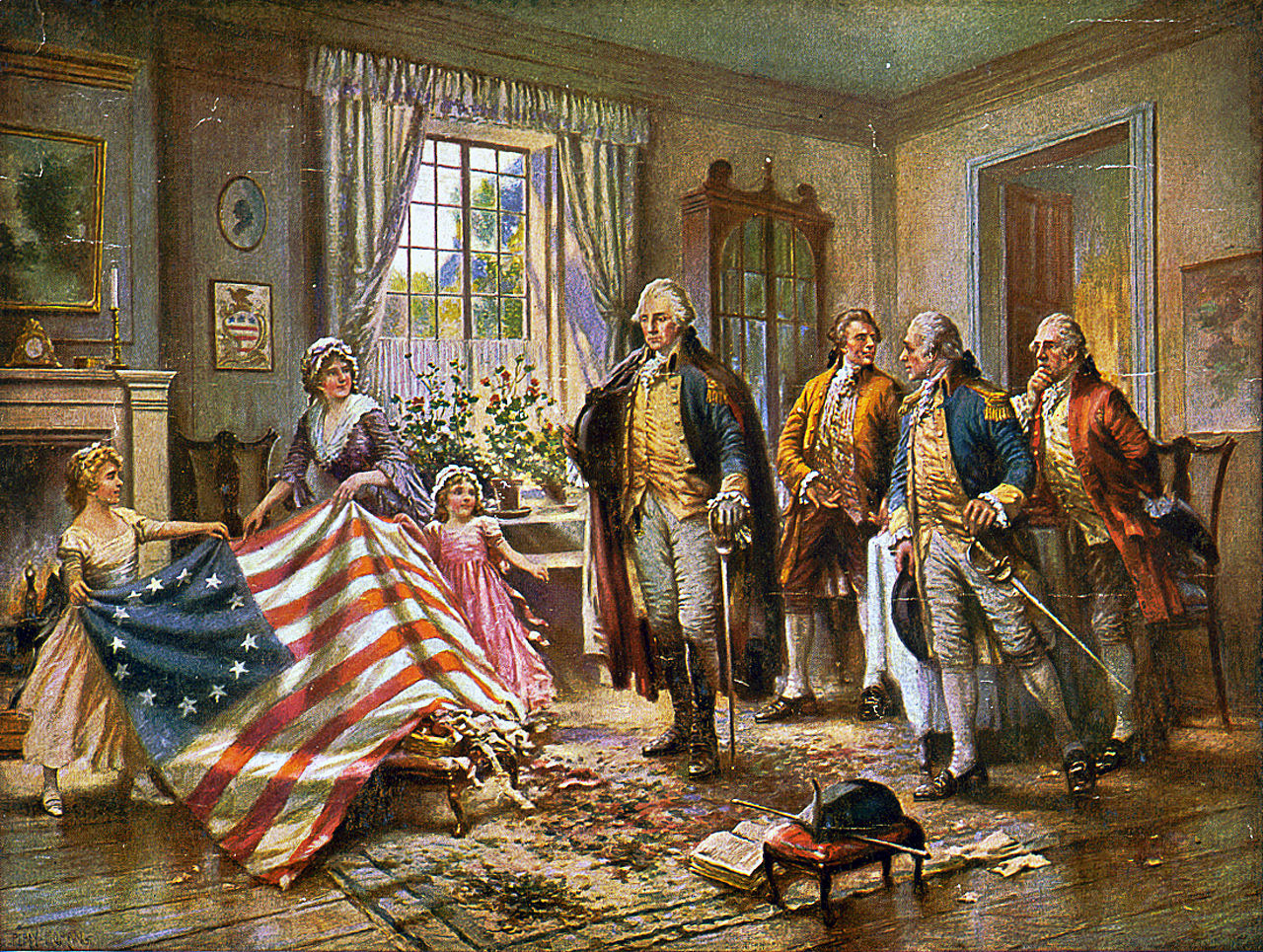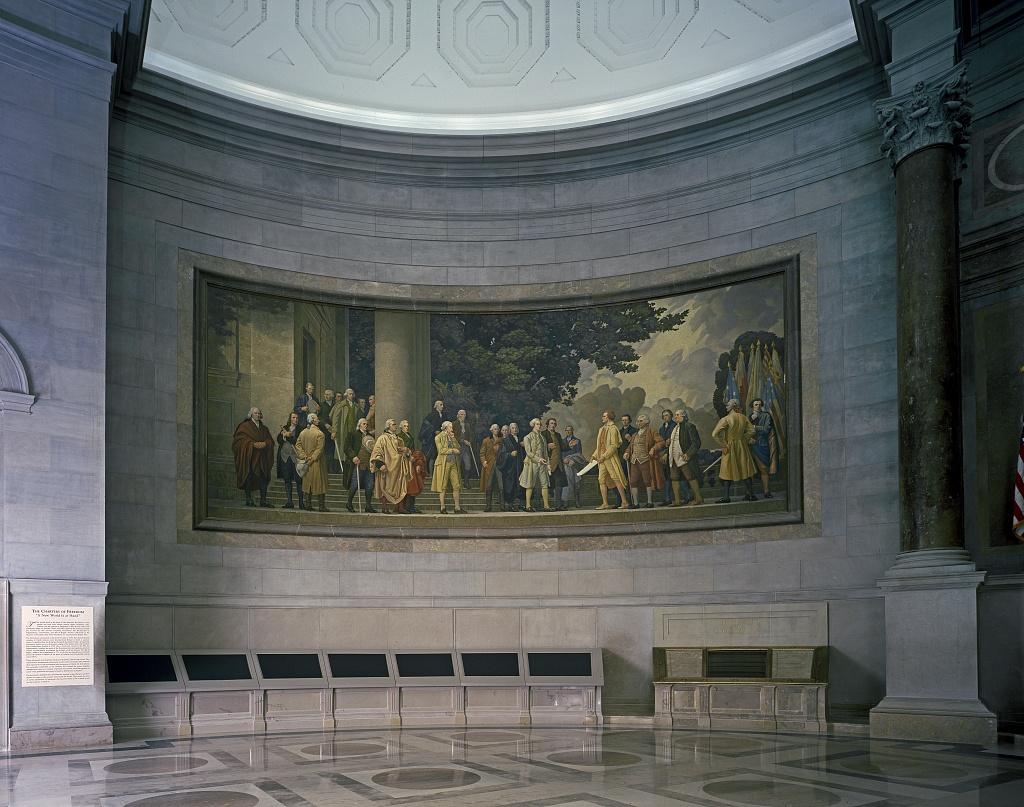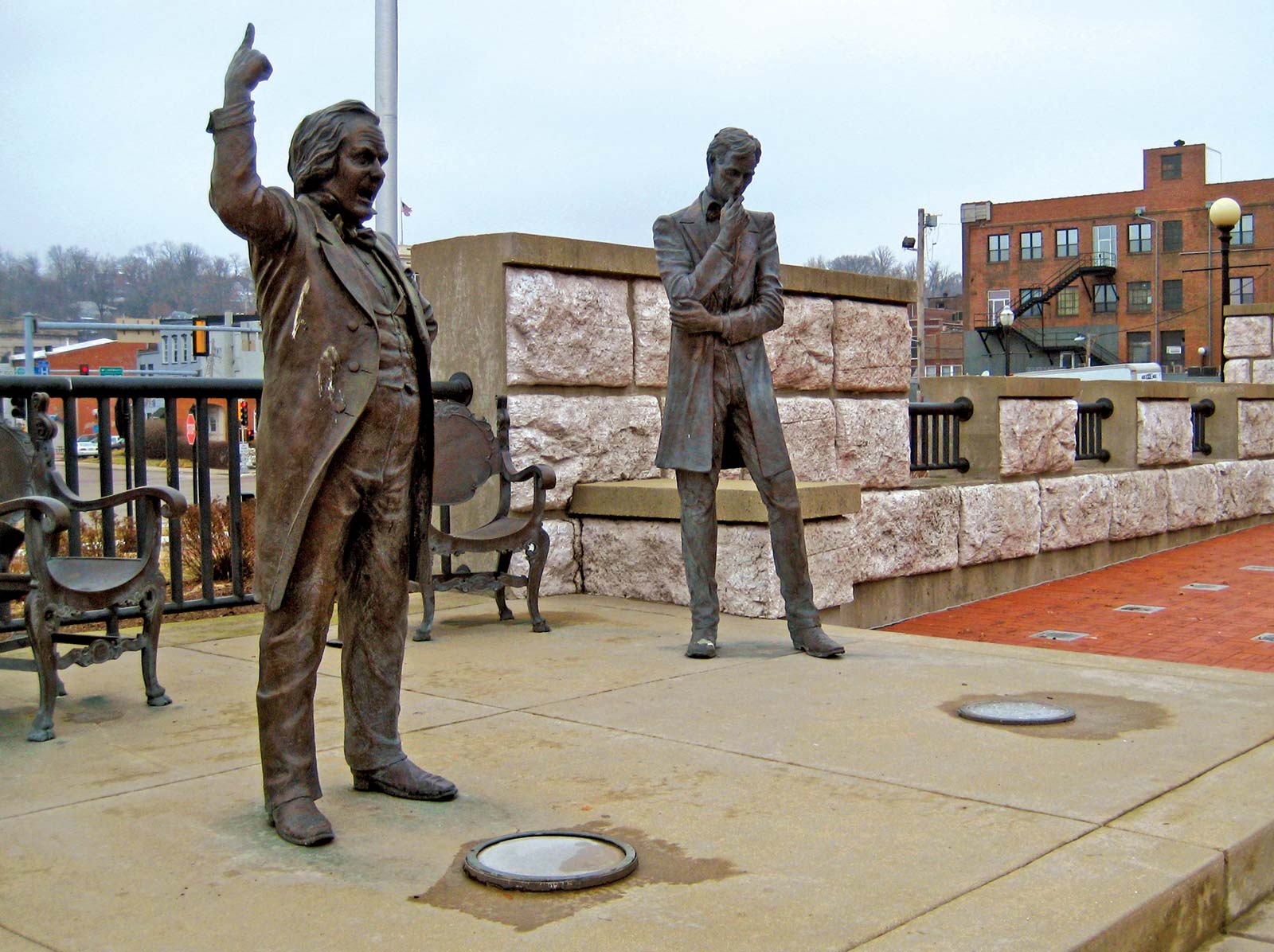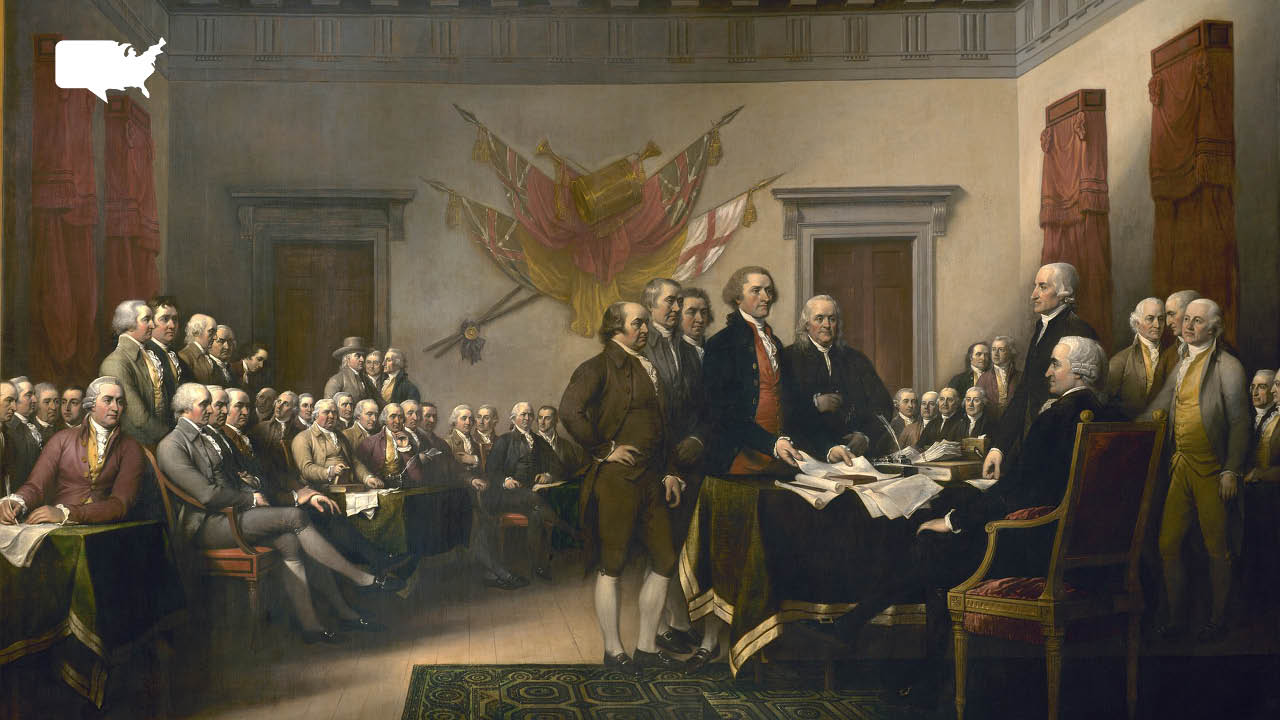Aside from the Constitution itself, the Declaration of Independence is the most heavily interpreted document in American history. The exegetical attention afforded the Declaration follows from the multiple functions it plays as the most fundamental of our nation’s “Charters of Liberty,” including its roles as cornerstone of the American political tradition, a perennial defense of national self-determination, a credal statement of American national identity, and a moral standard in American political life. As anyone who has studied academic scholarship for long knows, however, significance is rarely the parent of consensus. As the most vivid example of this principle, the Declaration has been a lightning rod for disagreement and challenge throughout American history. Scholars have devoted much time and ink debating the “historic” Declaration, including its original audience and reception, the proper interpretation of the key political concepts within it, its structure and purposes, its intellectual genealogy and pedigree, and whether Jefferson or the Continental Congress more generally can be said to be its true author. Even more, Americans, and indeed citizens and statesmen across the world, have evoked and appropriated the Declaration for a myriad of purposes. Especially on the 4th of July, Americans ask themselves what “living up to the Declaration” means.
In this symposium, Starting Points republishes six of our best essays on the Declaration of Independence. Touching upon many of the themes listed above, they offer readers a chance to reflects and converse about the meaning and contemporary implications of America’s formative document.

The Declaration of Independence and the History of Ideas
by S. Adam Seagrave
Thomas Jefferson and the Declaration’s other authors consciously drew from the philosophies of the past in fashioning their arguments for independence, but not in the ways many think. Instead of simply taking abstract philosophies and applying them to practical political life, revolutionary Americans merged their own experience-driven philosophy with old-world ideas of nature to create a national declaration entirely their own. In this essay, Adam Seagrave explores how the Declaration of Independence fits into the greater history of political ideas.
S. Adam Seagrave is Associate Director at the School of Civic and Economic Thought and Leadership at Arizona State University and Editor at Starting Points.

“True and substantial”: The Pursuit of Happiness in the Founding Era
by Carli Conklin
Carli Conklin here explores the meaning of Jefferson’s famous right to the “pursuit of happiness” in the Declaration. Contrary to previous interpreters, who have suggested that Jefferson’s turn of phrase was simply a glittering generality or a restatement of John Locke’s right to property, Conklin concludes that, following Blackstone, Jefferson and the Founders were pointing to a classical understanding that linked happiness and a life lived in pursuit of virtue.
Carli Conklin is Associate Professor at the University of Missouri School of Law and Associate Professor of Constitutional Democracy at the Kinder Institute on Constitutional Democracy.

The May Resolution and the Declaration of Independence
by John Schmeeckle
In this contribution, John Schmeeckle points to the neglected Congressional resolution of May 10 and 15th, 1776 as a starting point for interpreting the Declaration of Independence. This resolution, according to Schmeeckle, called for the states to erect new governments that would advance the safety and happiness of their constituents to fill the void in authority created by the revolutionaries’ refusal to continue their obedience to the King. In constructing these governments, Americans drew upon conceptions of happiness and safety evident in Magna Charta and the writings of Cicero, Jean-Jacques Burlamqui, and Richard Cumberland.
John Schmeeckle is an independent researcher who focuses on the intellectual milieu of the American Founders.

The 4th of July in 2020
by Stephanie Shonekan and S. Adam Seagrave
Adam Seagrave and Stephanie Shonekan offer reflections on the aspirational character of the Declaration of Independence, especially the “self-evident truth” that “all men are created equal.” The inspiring words of the Declaration and the realities of continuing racial injustices in particular, Seagrave and Shonekan argue, point to the ambivalent character of human nature which is impelled forward by the desire in us for justice and equality for all, but impeded by selfishness, greed, and prejudice – negative qualities given institutional form in the social hierarchies that continue to prevent a fuller realization of social justice in the United States. Recent protest movements, the authors suggest, have stirred the aspirational strivings of the Declaration and provided renewed hope that Americans can move closer to living up to their animating principles.
Stephanie Shonekan is Associate Dean of the College of Arts and Science and Professor of Music at the University of Missouri. Shonekan and S. Adam Seagrave are Co-Founders and Co-Directors of the Race and the American Story Project.

Reinterpreting the Declaration of Independence: Congress Debates the Missouri Admission Crisis
by William S. Belko
Missouri’s admission into the Union proved to be a national crisis that raised important constitutional questions. As proponents and opponents of slavery restriction in Missouri interpreted the Constitution differently, these two sides likewise interpreted the Declaration of Independence in two distinctly opposite ways. William Belko here describes and analyzes the debate over the Declaration’s principles during the Missouri admission crisis, and in so doing, sheds light on how the Declaration came to be treated over time.
William S. Belko is the Executive Director of the Missouri Humanities Council. He has a Ph.D. in history and is the author of several books and articles on early 19th century American history.

Lincoln vs. Douglas: Debating the Founders’ Legacy
by Lucas Morel
Lucas Morel describes how in the 1850s Abraham Lincoln publicly went toe to toe with Stephen Douglas, not only over the expansion of slavery into the territories, but also over the interpretation of both Declaration of Independence and the Constitution. Contrary to Douglas, Lincoln argued that the universal principles of the Declaration, if kept ever in the public mind, had the power save the Union and “to make, and to keep it, forever worthy of saving.”
Lucas Morel is the John K. Boardman, Jr. Professor of Politics and Head of the Politics Department at Washington and Lee University.


